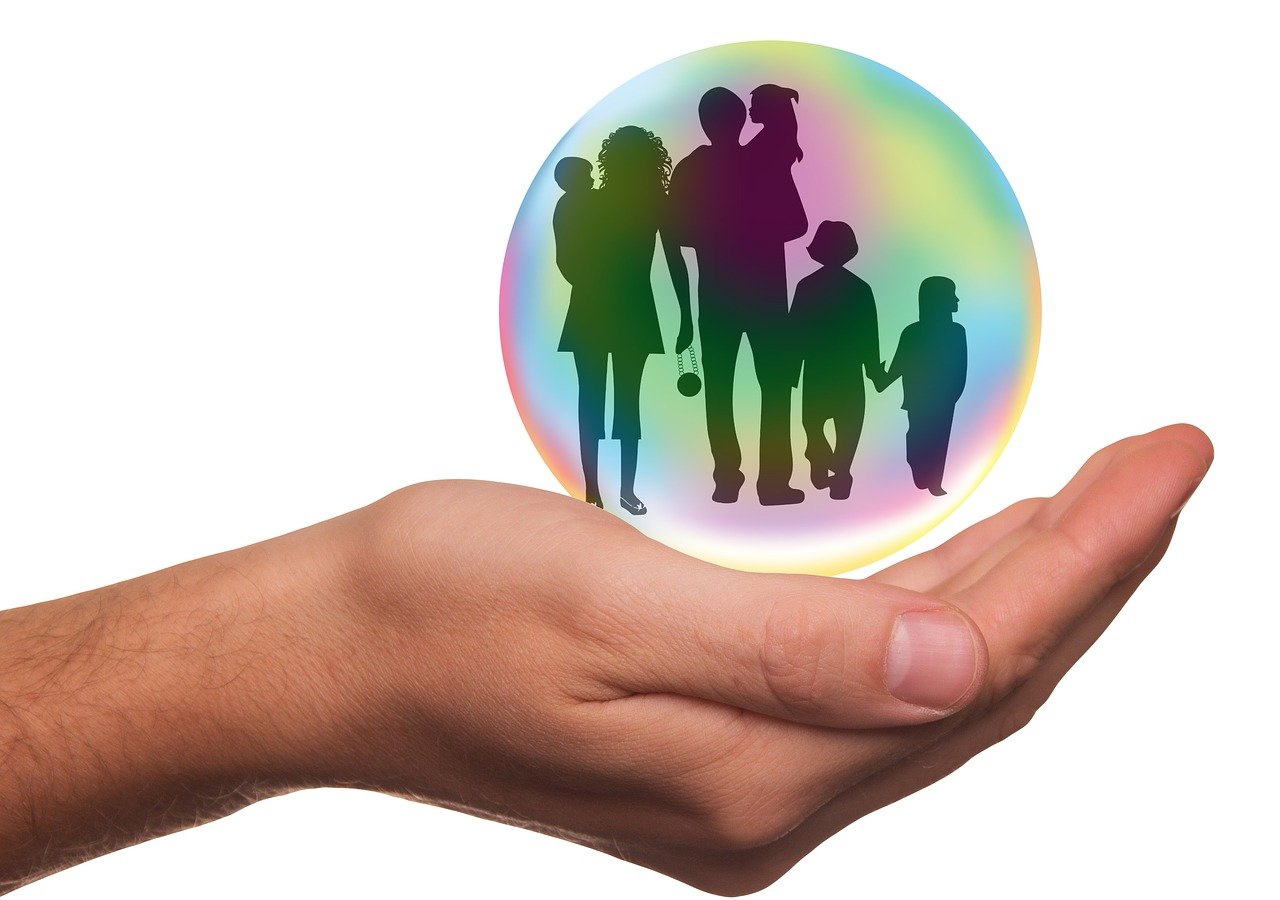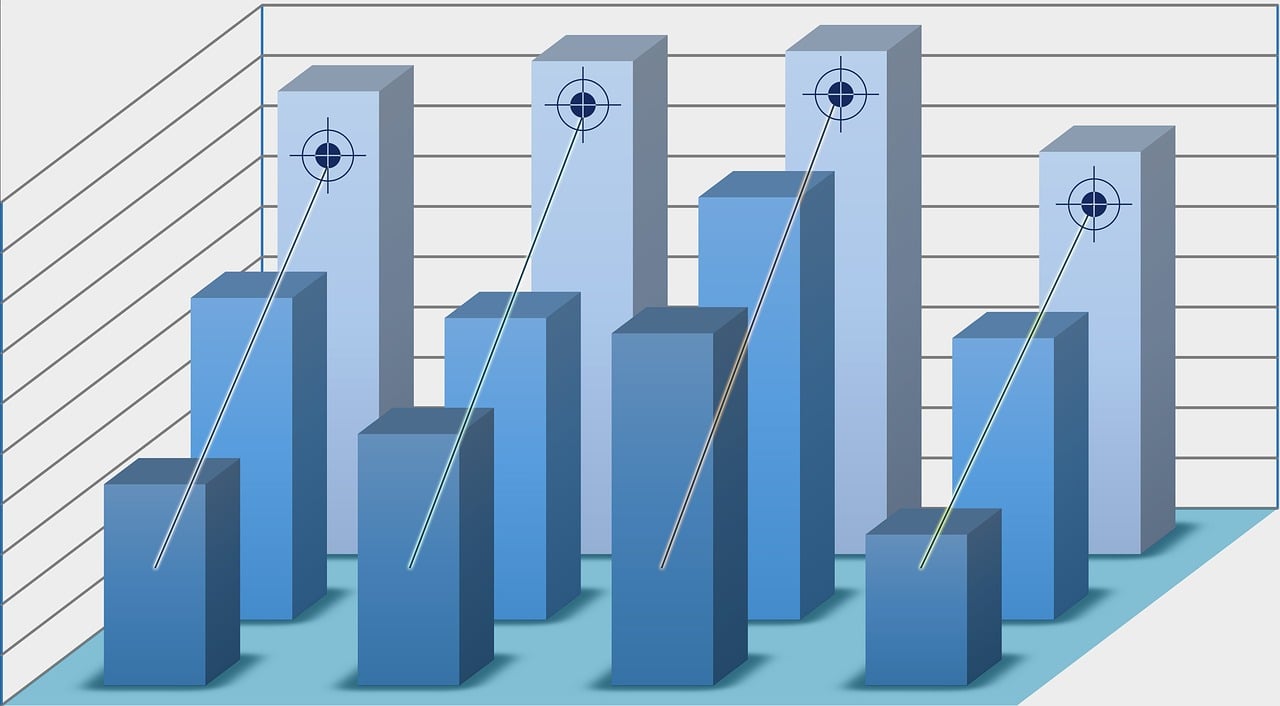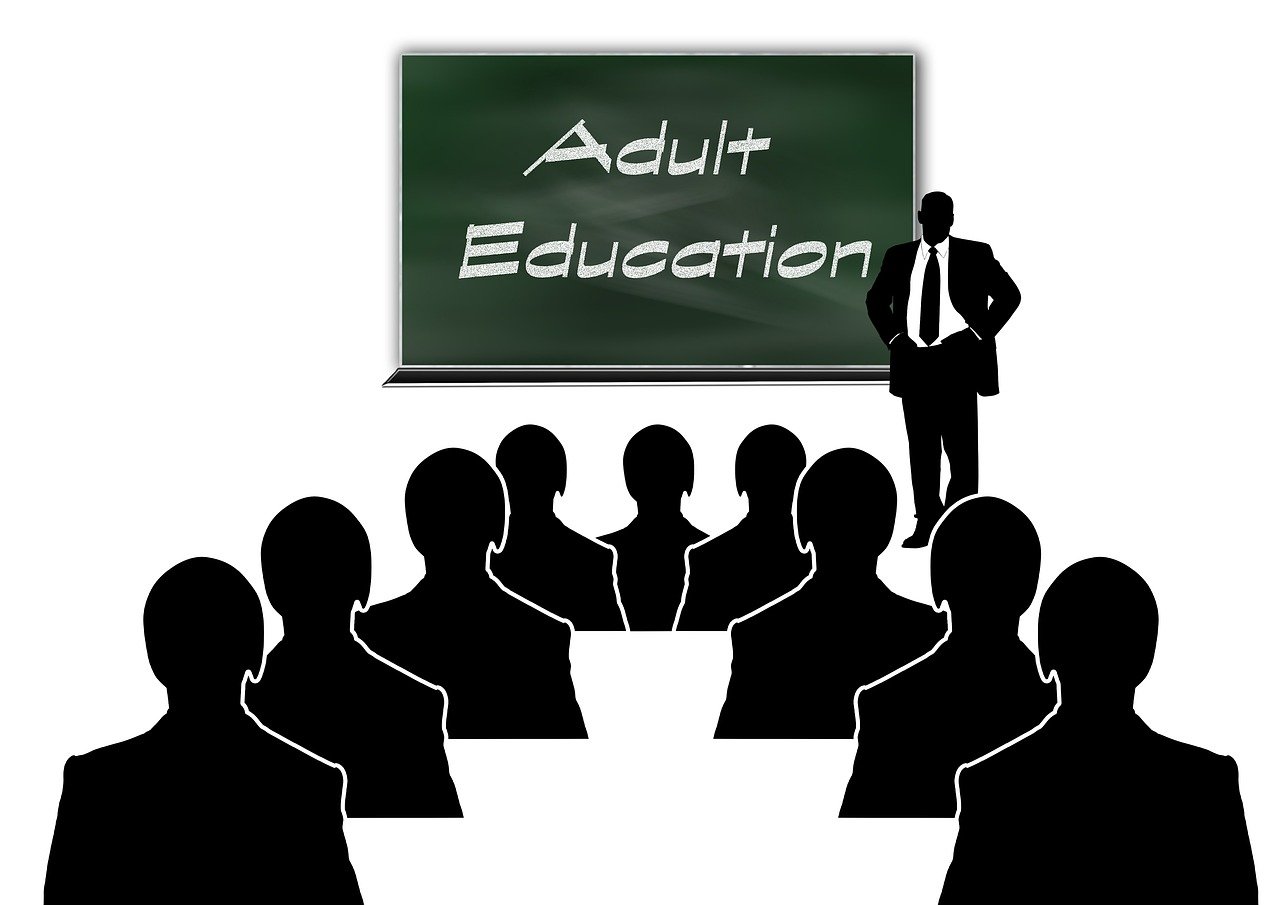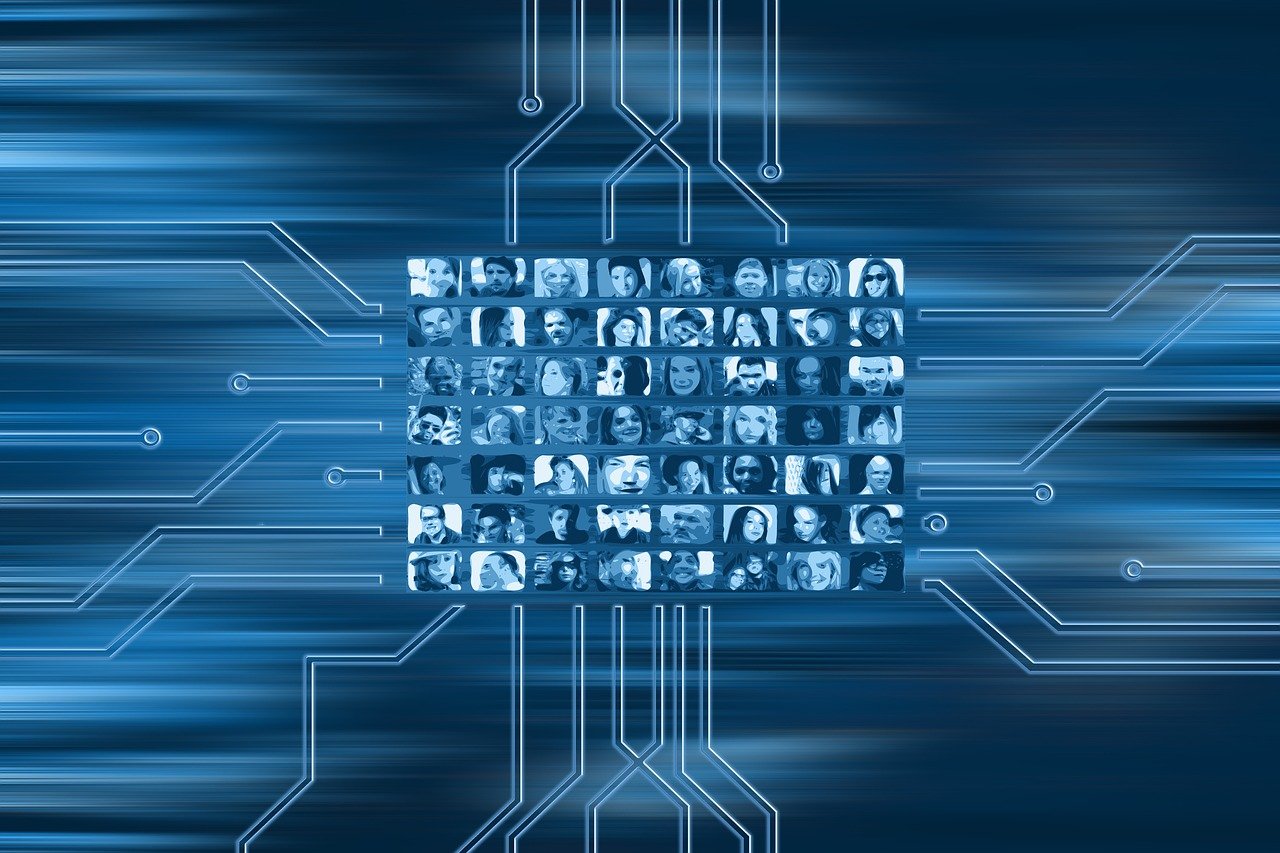The text explores the intricate connection between education and social development. It highlights how education is a key driver of social progress, as it equips individuals with knowledge and skills necessary for societal advancement. Education fosters critical thinking, innovation, and adaptability, which are essential for addressing complex social challenges. Conversely, social development influences the quality and accessibility of education, as it affects funding, resources, and policy decisions. The text emphasizes the reciprocal nature of this relationship, where education can both shape and be shaped by social development, ultimately contributing to a more equitable and prosperous society.
In the tapestry of human progress, education stands as one of the most vibrant threads, intricately woven with the fabric of social development. The relationship between education and social development is not merely a correlation; it is a symbiotic partnership where each influences and shapes the other in profound ways. This essay aims to explore the multifaceted nature of this relationship, highlighting the ways in which education acts as a catalyst for social change and how societal evolution, in turn, informs and transforms educational systems.
The Role of Education in Social Development
Education is often hailed as the great equalizer, providing individuals with the tools necessary to navigate and contribute to society. It is through education that individuals acquire knowledge, develop critical thinking skills, and learn to engage with diverse perspectives. This empowerment is crucial for social development as it fosters a more informed and participatory citizenry.
1、Economic Growth and Poverty Reduction
One of the most tangible ways in which education contributes to social development is through its impact on economic growth. Educated individuals are more likely to secure higher-paying jobs, which in turn increases their purchasing power and contributes to a more robust economy. Studies have shown that there is a strong correlation between educational attainment and income levels, indicating that investment in education can lead to significant economic benefits.
2、Health and Well-being
Education is also closely linked to health outcomes. Individuals with higher levels of education tend to have better health knowledge and practices, leading to lower rates of disease and longer life expectancy. This is particularly evident in areas such as maternal and child health, where educated mothers are more likely to seek prenatal care and understand the importance of vaccinations, thereby improving the health of future generations.
3、Civic Engagement and Social Cohesion
Education fosters civic engagement by teaching individuals about their rights and responsibilities as members of society. This awareness can lead to increased participation in democratic processes, such as voting and community activism, which are essential for a healthy and functioning democracy. Additionally, education can promote social cohesion by fostering mutual understanding and respect among diverse groups, reducing the likelihood of conflict and promoting social harmony.
The Impact of Social Development on Education
While education is a driving force behind social development, it is also influenced by the societal context in which it operates. The needs and challenges of a society can shape the priorities and focus of its educational system.
1、Technological Advancements
The rapid pace of technological change has significant implications for education. As new technologies emerge, the skills required in the workforce also evolve, necessitating a shift in educational curricula to prepare students for these changes. For example, the rise of digital technologies has led to an increased emphasis on computer literacy and digital skills in educational programs.
2、Demographic Shifts
Population growth and demographic shifts can also impact educational systems. As societies age, there may be a greater need for education and training programs that cater to older adults, focusing on areas such as lifelong learning and skills development. Conversely, in societies with high youth populations, there may be a greater emphasis on primary and secondary education to prepare young people for future employment.
3、Cultural and Social Values
The cultural and social values of a society can also influence its educational priorities. For instance, societies that place a high value on individualism may prioritize educational approaches that foster creativity and independent thinking, while those with collectivist values may emphasize cooperation and group harmony in their educational practices.
Challenges and Opportunities
Despite the clear benefits of education for social development, there are numerous challenges that must be addressed to ensure that this relationship remains positive and mutually beneficial.
1、Inequality in Access and Quality
One of the most pressing issues is the unequal access to quality education, both within and between countries. This inequality can perpetuate social divisions and limit the potential for social development. Efforts must be made to ensure that all individuals, regardless of their socioeconomic background, have access to quality education.
2、Relevance and Adaptability
Educational systems must be relevant and adaptable to the changing needs of society. This requires ongoing evaluation and reform to ensure that curricula remain up-to-date and that educational practices are effective in preparing students for the challenges of the modern world.
3、Sustainability and Global Cooperation
In an increasingly interconnected world, the challenges faced by one society can have global implications. Therefore, education must not only prepare individuals for their local context but also foster a sense of global citizenship and responsibility. This requires international cooperation and the sharing of best practices in education to address global issues such as climate change, poverty, and conflict.
Conclusion
The relationship between education and social development is a dynamic and complex one, with each influencing the other in a continuous cycle of progress. As societies evolve, so too must their educational systems, adapting to new challenges and opportunities. By recognizing and nurturing this relationship, we can harness the power of education to drive social development and create a more equitable, prosperous, and harmonious world for all.
In conclusion, education is not just a means to an end but a fundamental aspect of human development. It is through education that societies can unlock their potential, fostering innovation, creativity, and the critical thinking necessary to address the myriad challenges of the modern world. As we look to the future, it is imperative that we continue to invest in education, recognizing its vital role in shaping not only individual lives but also the very fabric of society itself.
















 京公网安备11000000000001号
京公网安备11000000000001号 沪ICP备15007378号-5
沪ICP备15007378号-5